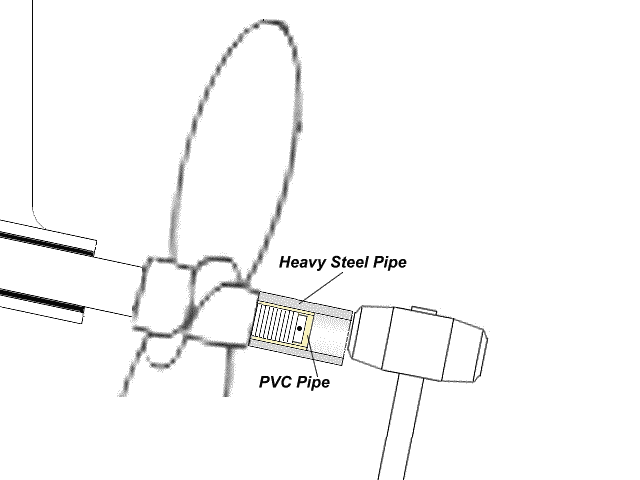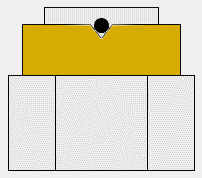I’ve exploited the “search†feature of the board to the best of my ability and have come up with the following schedule for reinstalling my props, please let me know if this is the preferred method.
1. Check prop shaft and keyway for cracks
2. Check keyway on shaft and prop for burs and key fit
3. Lock prop shaft
4. Coat shaft taper with felt tip marker
5. Check for prop seat on shaft
6. Apply lapping compound to shaft taper and rotate prop on shaft to hone. (Just as an aside, every post I read had the marking being put on the shaft and not the prop to check the seat and yet if I lap these together it’s going to be the prop that is honed to the shaft (and not the shaft that is honed to the prop) as the prop metal – SiBr is softer than the shaft stainless) is it just that it is so much easier to check the shaft visually than peek down the hole in the prop?
7. Clean shaft and prop thoroughly with mineral spirits. Check prop is not hot.
8. Drive prop on
9. Tighten large prop nut fully and mark forward edge of prop on shaft.
10. Remove large nut and prop
11. Coat keyway with Rectorseal #5, coat key with WD40 and install
12. Coat prop shaft with Tef-Gel and slide prop back on and seat with pipe

13. Coat with Tef-Gel and install and fully tighten small nut
14. Wait
15. Re-check small nut torque (75# ?)
16. Check front edge of prop against tape in #9 (if the prop is not that far forward it is sitting on the key… remove prop hone key and try again…)
17. Install and tighten with MarineTex large nut
18. ?
One discussion included the fabrication of a castellated spacer between the large (last) nut and the cotter pin.

Alternatively, drilling out the large nut and safety wiring it to the prop shaft’s cotter pin hole is presented in Tony Athens article.
What do y’all think about drilling just a hole (and not a castellating channel) in the spacer and safety wiring it in place? Does the spacer need to be metal or could it be PVC?
Note: The link to Tony Athen’s article was moved from the link previously posted but I think I found it here http://www.sbmar.com/main/articles/prop ... ittle_nut/
